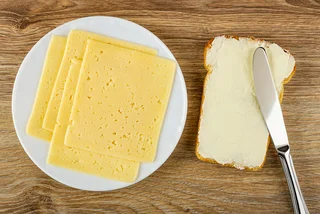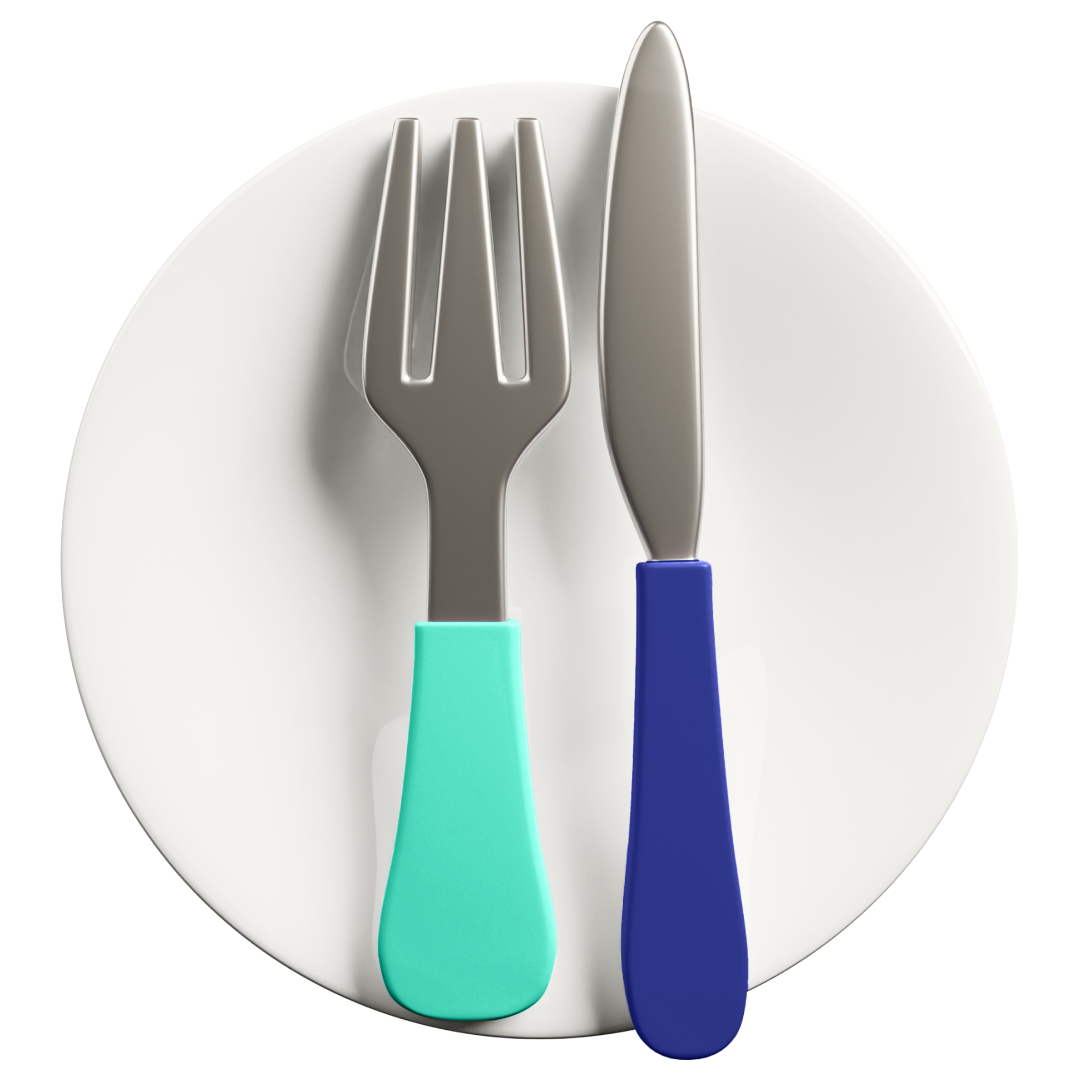Czech shoppers have long claimed that when they buy food across the border in Germany or Austria, the items are not the same even though the label is.
The practice of selling dual-quality food is now illegal in Czechia. Since May, the Czech Agriculture and Food Inspection Authority (SZPI) has been tasked with finding brands that violate the ban on double standards.
PARTNER ARTICLE
The first violation was uncovered earlier this year. The SZPI found that 7Days Bake Rolls with pizza flavor were made with sunflower oil for the Austrian and German markets, while in Czechia the same product was made with palm oil. The packaging, though, indicated that it was the same food product, SZPI spokesman Marek Bartík told ČTK.
Palm oil is cheaper than sunflower oil, though many consumers object to palm oil due to its environmental impact. The manufacture of palm oil has been linked to deforestation in Southeast Asia and the loss of habitat for endangered orangutans, pygmy elephants, and Sumatran rhinos.
The SZPI ordered U.S.-based Mondelez International, which now owns the 7Days brand, to withdraw the food from the market. The company told the SZPI that it would remove the bake rolls from the market and deliver them to food banks. The bake rolls, while they violate the labeling law, are still safe to eat.
Mondelez has its origins in Kraft Foods, which split into two parts in 2012. Mondelez controls several well-known brands including Chips Ahoy!, Oreo, Milka, Côte d'Or, Toblerone, Cadbury, Trident, Dentyne, Chiclets, Halls, and Tang.
This case seems not to be the fault of Mondelez, which took over the 7Days brand in July after the violation had already been discovered. Bartík said that in May when the violation was uncovered, the product was still supplied to the market by Chipita CZ. “[Mondelez] 'inherited' the case, they did not directly cause it,” Bartík said.
The SZPI started checking double quality starting at the end of May this year. The EU had set a deadline of May 28, 2022, for members to transpose a relevant EU directive on food double standards and put it into effect.
SZPI said it came across the 7days case in June. They did not publicize the case on their website, which lists potentially hazardous and poor quality foods and beverages as well as ones with errors in labeling. The website does not have a category for dual-quality foods. They also list eateries and other venues that handle food that have violations.
Europe's 'garbage can'
The Czech Republic had been at the center of raising the issue with the EU. Then-Czech Agriculture Minister Marian Jurečka in February 2017 said that Czechia, Poland, Slovakia, and Hungary were Europe’s “garbage can,” and he called on the EU to ban companies from selling food with the same labels at two different qualities in different countries.
The law now says that manufacturers may not sell the same product on the markets of different member countries with different compositions. The law forbids companies from putting food on the Czech market that “has a substantially different composition or properties if this is not justified by legitimate and objective facts and if the food is not provided with easily accessible and sufficient information about this different composition or properties.”
Complicated guidelines for food quality
Checking for double quality of food is relatively difficult. The SZPI is focusing on items that are potentially problematic, but it has not disclosed what these items are. In May, the SZPI published an explanation of its guidelines for enforcing the law. They point out what elements on the label have to be identical for the law to apply. The label can be considered the same, even if some words appear in translation, for example, if the same text font and style are used.
They also explain what would constitute a significant difference in products. Substituting palm oil for sunflower oil is specifically listed as a violation, as is substituting artificial sweeteners for sugar or substituting vegetable fat for cocoa butter.
There are also some allowed exceptions, such as regional preferences or the availability of seasonal ingredients, though in these cases consumers must be informed of the differences. The law also forbids the purchasing power of the consumer to be used as an excuse for offering lower-quality goods in the same packaging. This means that manufacturers can’t claim they are selling lower-quality food with the same label because consumers couldn’t afford the higher-quality version.












 Reading time: 3 minutes
Reading time: 3 minutes 






























